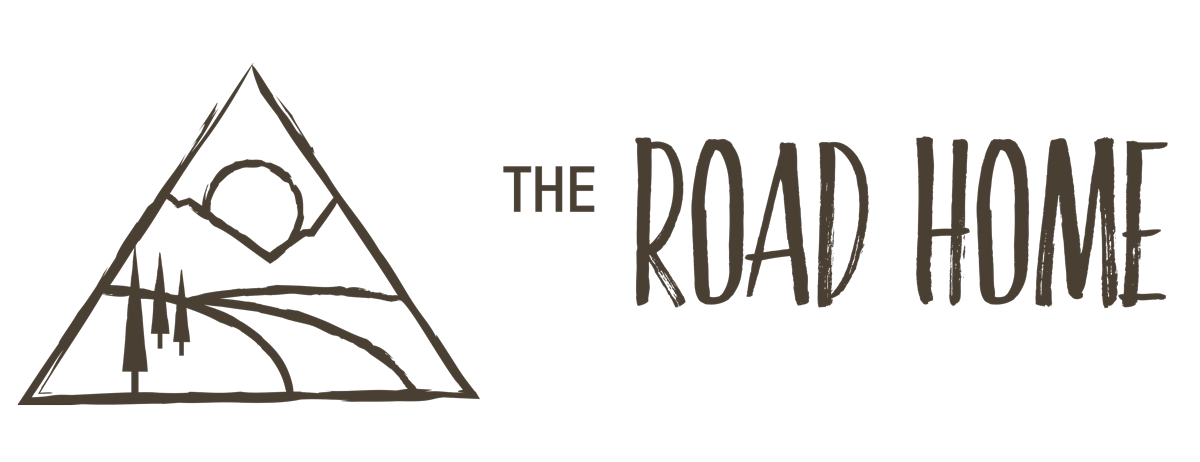When Talking About It Isn’t Enough: Acupuncture for Post-Traumatic Stress
“In September 2001 several organizations, including the National Institutes of Health, Pfizer pharmaceuticals, and the New York Times Company Foundation, organized expert panels to recommend the best treatments for people traumatized by the attacks on the World Trade Center.
….after lengthy deliberations the committees recommended only two forms of treatment: psychoanalytically oriented therapy and cognitive behavioral therapy. …. After the recommendations were approved, we sat back and waited for New Yorkers to find their way to therapists’ offices. Almost nobody showed up.
….Dr. Spencer Eth, who ran the psychiatry department at the now-defunct St. Vincent’s Hospital in Greenwich Village, was curious where survivors had turned for help, and early in 2002, together with some medical students, he conducted a survey of 225 people who had escaped from the Twin Towers. Asked what had been most helpful in overcoming the effects of their experience, the survivors credited acupuncture, massage, yoga, and EMDR, in that order.”
— Bessel van der Kolk, M.D.
When talking about it isn’t enough
Our brains literally lose their ability to reason when we experience anything that we believe to be a threat.
The prefrontal cortex—which is tasked with managing complex processes like reason, logic, problem solving, planning, and memory—receives less blood flow and less nerve stimulation in service of our survival.
The majority of blood flow and nerve impulses are rerouted to the thalamus and the amygdala, which primitively decode the threatening stimuli and prepare us to face potential danger without knowing exactly what the danger is. Through the amygdala-directed release of stress hormones cortisol and epinephrine from the adrenal glands, we are biologically prepped to either fight, flee, or freeze.
When someone has post-traumatic stress, the amygdala acts as the main processor of the experience, bypassing the prefrontal cortex altogether. Without the logic of the prefrontal cortex, the cascade of stress hormones continues unchecked and causes memories to be indexed and stored differently: as traumatic.
In short, situations that are not harmful are perceived as threatening because the brain is predisposed to processing threats through the amygdala.
This is also why trauma cannot be processed through talk therapy—which relies on the processes of the prefrontal cortex—alone.
Fortunately, acupuncture has been shown to redirect blood flow in the brain: sending more blood to areas that promote reasoning and less to areas that promote fighting, fleeing, or freezing. It interrupts the cascade of stress hormones and rebalances the trauma-processing mechanisms of the brain, making trauma resolution—including the use of talk therapy—possible.
These findings are not at all surprising to Chinese medicine practitioners. This is because the mind-body dualism (the belief that mind and body are distinct and separable) of Western medicine is in direct opposition to one of the central tenets of Chinese medicine: the body-mind as a united, indivisible entity.
“It was affirmed that if the body fell ill, the spirit would receive the illness, and if the spirit fell ill, the body would be affected.” – Jeff Conant, trans.
If you’re struggling with post-traumatic stress and your current treatments aren’t making any headway, contact me to find out more about how acupuncture can help you today. I promise you, it can.
